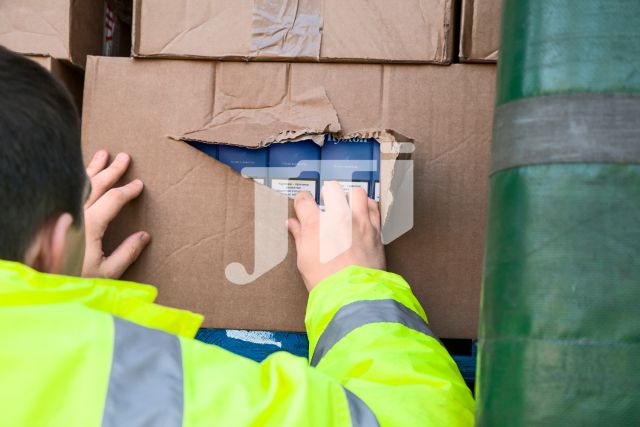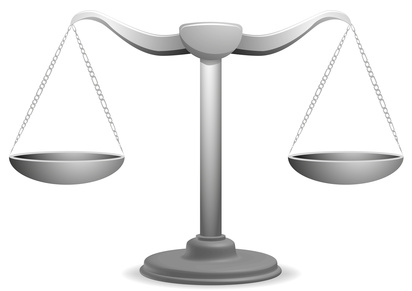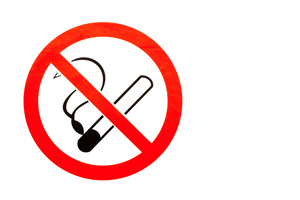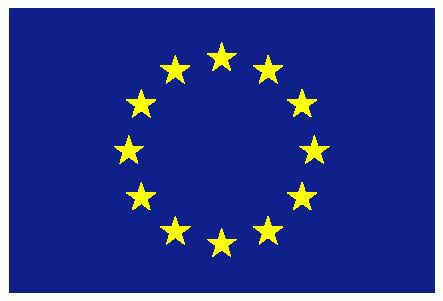Government authorities in South Korea said today they would be examining from next month the heated-tobacco product IQOS for any health risks it might pose, according to a Yonhap News Agency story.
IQOS, went on sale locally in June.
At a press conference in May called to announce the June launch of IQOS in Korea, Philip Morris Korea was quoted by The Korea Herald as saying that the device’s heated tobacco sticks delivered similar levels of nicotine to that delivered by traditional cigarettes, but reduced the exposure to harmful or potentially harmful chemicals by 90 percent.
The Yonhap story quoted that the Ministry of Food and Drug Safety as saying it would verify the claims. It said it would measure nicotine and tar levels.
Meanwhile, heated-tobacco products and electronic cigarettes were said to be ‘under scrutiny for their tax benefits’. These products attracted taxes that were 50-60 percent of those that were levied on conventional cigarettes.
Opposition lawmakers have introduced a revision to existing rules that would hike taxes on heated tobacco products and electronic cigarettes since, the lawmakers say, they, like conventional cigarettes, use tobacco.
Their move is supported by the drug safety ministry.







